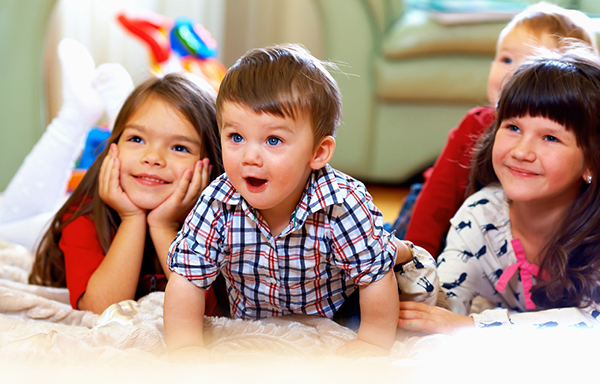Helping children to understand concepts

Have you ever met two people at the same time and then struggled to remember who was who the next time you saw them? I know I have! Unless we make a conscious memory to establish the correct name for the correct person, it’s all too easy to associate both names with each person (think Ant and Dec).
It’s the same when children with speech and language difficulties are learning concept words such as ‘first’ and ‘last’, ‘hot’ and ‘cold’ or ‘tall’ and ‘short’. Although it’s tempting to teach concepts in pairs of opposites, like ‘fast’ and ‘slow’, we risk the child associating both words with each concept and becoming confused with what the words mean. It can support children to start by categorising objects and pictures into those which demonstrate one target concept and those which do not e.g. ‘soft’ and ‘not soft’. This helps to build understanding of the concept ‘soft’, without confusing the child with extra vocabulary. Use lots of different activities and games to work on this concept and use it in your talking around the house. Once they have a good understanding of this concept and they are able to use the word themselves correctly, you can focus on other concepts. Come back to the opposite words (e.g. ‘hard’) later when they have a good understanding of a range of concepts. It is more important that a child is able to learn a smaller number of concepts really well, than trying to introduce too many concepts, too quickly.
For some children it helps them to start learning concept words in relation to themselves, rather than starting with objects or pictures. For example, if you were working on the concept ‘first’ you could stand in a queue at the door and talk about who is ‘first’ in the line. You can talk about when your child wins a game and comes ‘first’ or who is ‘first’ to sit down at the table. Helping them to develop their understanding of the concept at this personal level can support their understanding of the word and they can then move onto activities using objects (e.g. having a race with cars and talking about who came ‘first’) and pictures (using books to talk about who is the ‘first’ character to appear in a story).
The more that your child hears you using these concept words around the house during everyday activities, the more they will be able to understand and use the words correctly themselves. This is really important for understanding and following instructions at home and in the classroom.
You can find more activities and games for supporting your child’s understanding of concepts in our ‘Language Activities’ section.